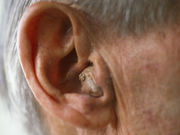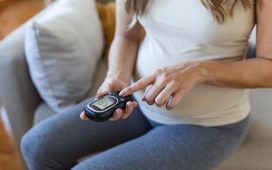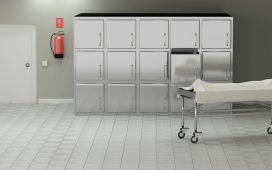But increased total annual health care spending, higher out-of-pocket spending with hearing aid use
MONDAY, April 30, 2018 (HealthDay News) — Use of hearing aids (HAs) is associated with beneficial health outcomes, including reduced probability of emergency department visits and hospitalizations and reduced number of nights in the hospital, according to a study published online April 26 in JAMA Otolaryngology-Head & Neck Surgery.
Elham Mahmoudi, Ph.D., from the University of Michigan in Ann Arbor, and colleagues conducted a retrospective cohort study using nationally representative 2013 to 2014 Medical Expenditure Panel Survey data to examine HA use among 1,336 adults aged 65 years or older with hearing loss (HL). The authors estimated the treatment outcomes of HA use on health care utilization and costs.
The researchers found that the 734 adults without HAs were less educated, had lower income, and were more likely to be from minority subpopulations. Per participant, the mean treatment outcomes of using HAs were $1,125 higher total annual health care spending and $325 higher out-of-pocket spending; 2 percentage points lower probability of any emergency department visit and any hospitalization and 4 percentage points higher probability of any office visit; and 1.4 more office visits and 0.46 fewer hospital nights, which was not associated with the number of emergency department visits.
“Although use of HAs reduced total Medicare costs, it significantly increased total and out-of-pocket health care spending,” the authors write. “This information may have implications for Medicare regarding covering HAs for patients with HL.”
Copyright © 2018 HealthDay. All rights reserved.








